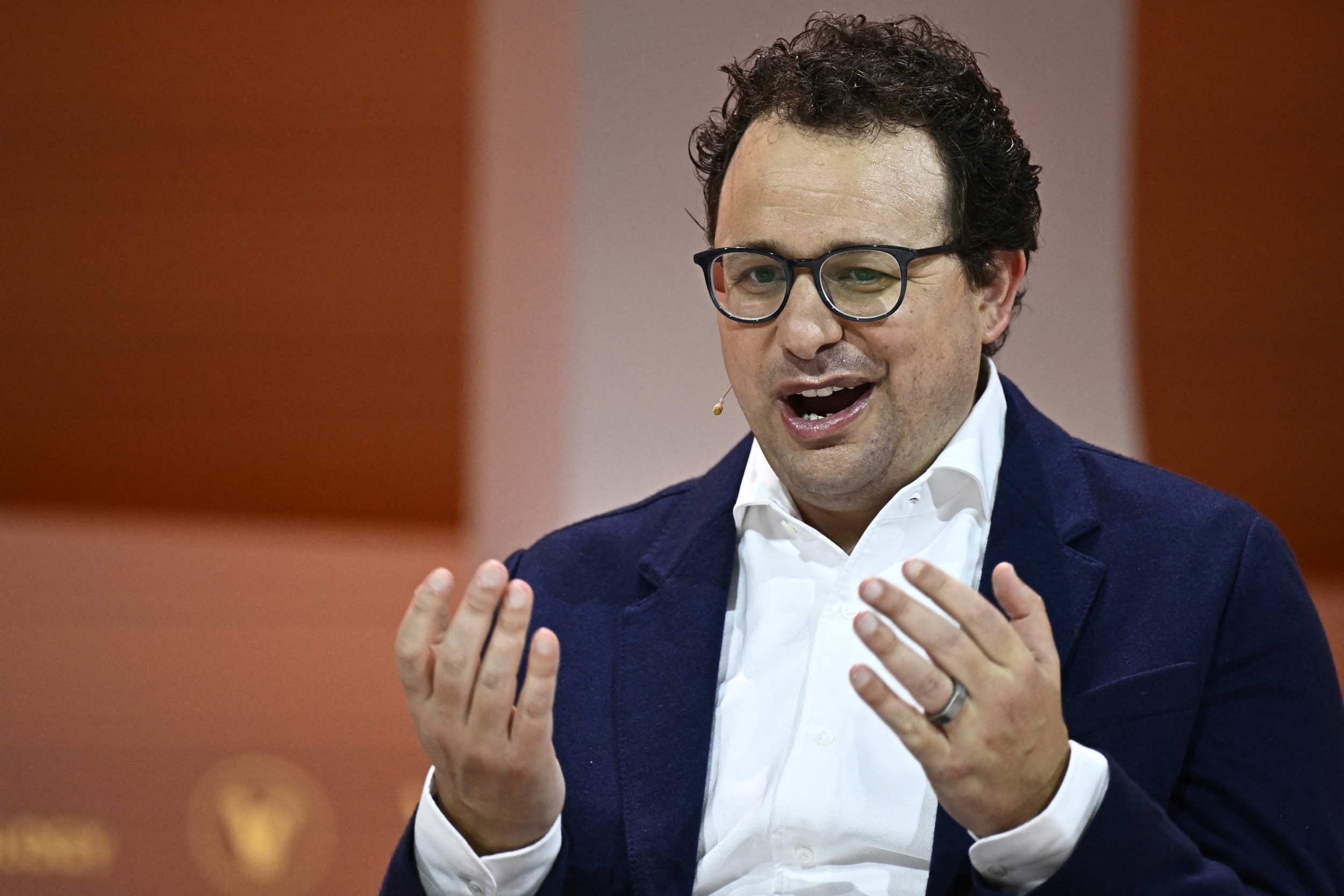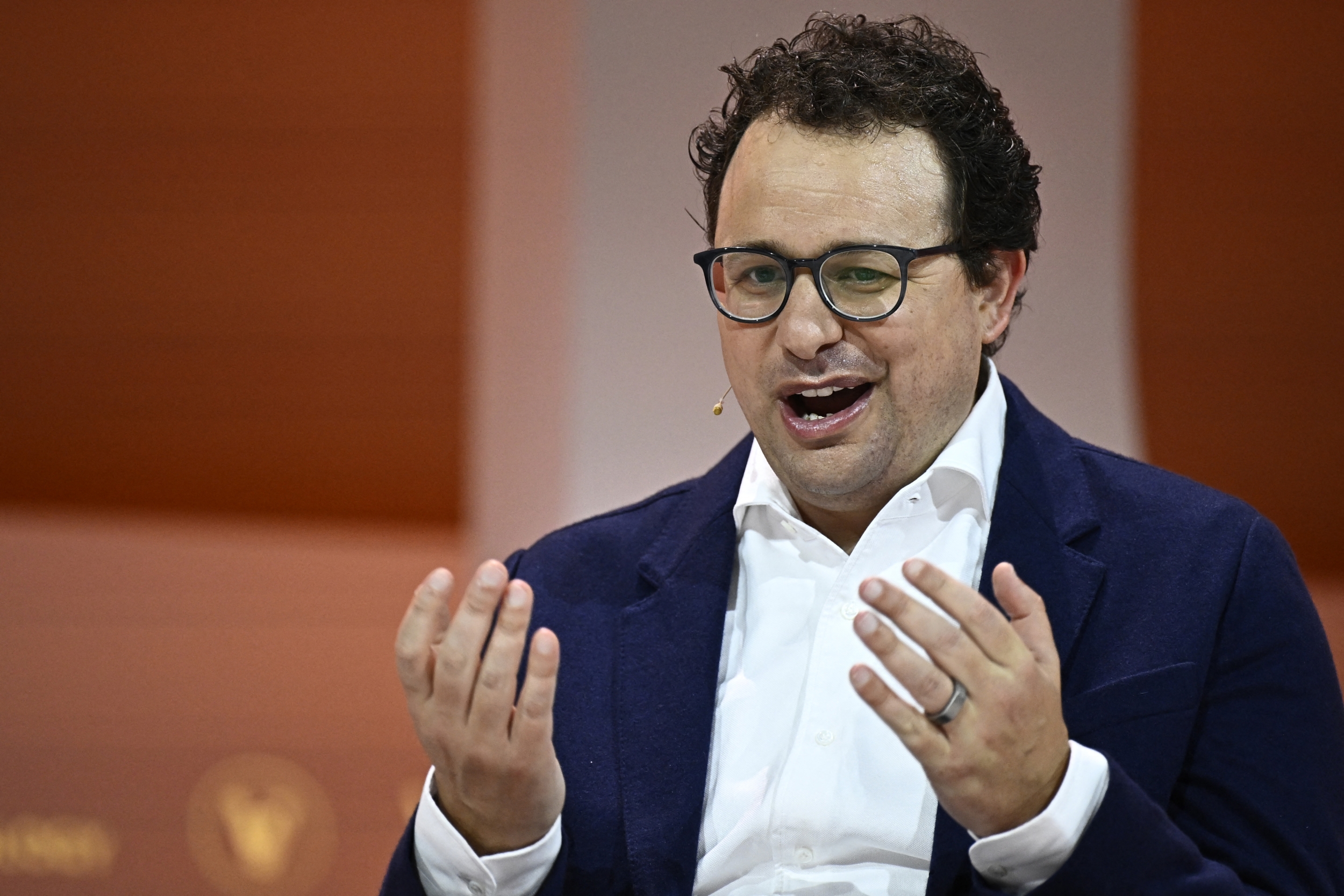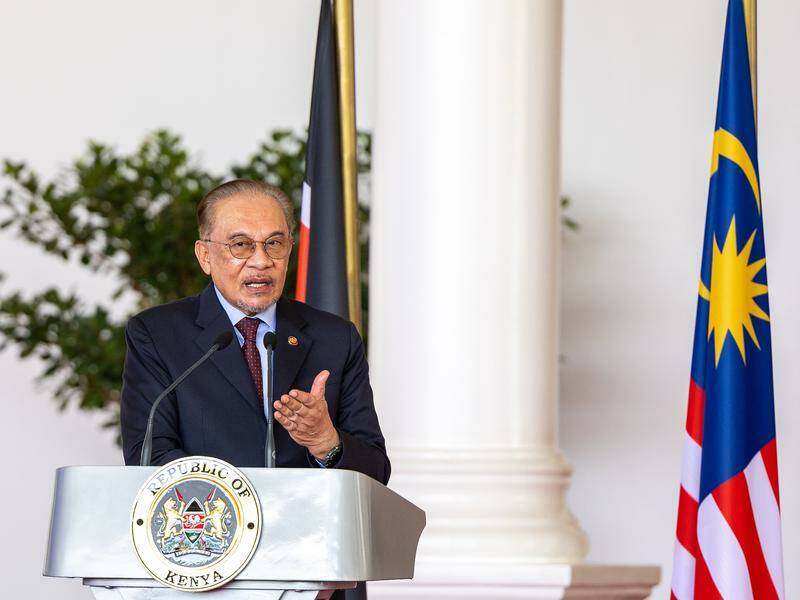
UPDATE: Concerns over the quality of vocational training in Australia are escalating, with calls for immediate reforms following alarming revelations about the aged care sector. Officials and advocates are urging the government to address the troubling trend of treating training as a mere commodity, risking the quality of care provided to vulnerable populations.
In a striking commentary, Sarah Russell, director of Aged Care Matters, emphasizes that ten years ago, research unearthed issues with vocational providers failing to meet national standards for aged care courses. The recent royal commission into aged care has echoed these concerns, highlighting the urgent need for stringent regulations across vocational training sectors.
Authorities warn that the implications of inadequate training extend beyond individual qualifications, affecting the overall quality of care received by thousands of Australians. As the government increases funding to private sector training providers, experts question whether public good is being compromised for profit.
Meanwhile, significant cuts to the State Library of Victoria threaten the institution’s reputation as a cultural hub. The library, known for its rich collection and dedicated staff, is facing reductions that could impair its vital services, according to a report published on November 22, 2023.
Vikki O’Neill from Ashburton expressed concern that these cuts symbolize a broader trend towards diminishing support for research institutions. “First the CSIRO, now the State Library of Victoria cuts mean it’s RIP for research,” she stated, underscoring the critical role that institutions like the CSIRO play in advancing knowledge and innovation in Australia.
In a related development, community voices are calling attention to the AUKUS deal, which allocates billions to international partners while local research funding remains sparse. Dr. Mano Thevathasan argued that a fraction of this funding could revitalize the CSIRO, a facility crucial for national advancement. “Research is often viewed as dilettantism, when it is in fact the key driver for the advancement of humanity,” he stressed.
The community’s urgency is palpable as they call for a reevaluation of priorities in education and research funding. Individuals are reminded of the long-term impacts of investing in education for youth, as highlighted by Michael Newton from Doreen. He illustrated a stark contrast between two teenagers—one who finds direction through vocational training, and another who, lacking opportunity, may spiral into crime. “Invest in education and our youth, or pay the consequences over time,” he cautioned.
As these discussions gain momentum, stakeholders await a response from the government on how it plans to address these pressing issues. The situation remains fluid, with community members keenly observing developments regarding funding adjustments for education and vocational training.
Stay tuned for more updates as this situation continues to evolve.






